

We may earn revenue from the products available on this page and participate in affiliate programs. Learn More ›
Home Advice You Can Trust
Tips, tricks & ideas for a better home and yard, delivered to your inbox daily.
Buh-Bye, Anxiety

Your home should be a serene refuge where you can escape from the stressors of the outside world. A neat, orderly, and well-maintained home lends itself to a calm mind, while a cluttered one can cause anxiety. Luckily there are small steps you can take to restore a sense of calm in your living space. Here are some common stressors that may be hiding in your home, and ideas for how to fix them.
Clutter

Let’s start with the most obvious stressor: Clutter. A 2010 study found that people with cluttered homes had elevated levels of cortisol, the body’s primary stress hormone. When your house is full of unnecessary objects, your body becomes overwhelmed with visual stimuli, making it harder to focus. To keep your home clutter-free, start by getting rid of things you don’t need. Then, develop a clutter-clearing strategy to help maintain a minimalistic space where everything has a place.
Dripping Faucets

The sound of a leaking faucet is enough to drive anyone crazy, but luckily that irksome dripping sound is easy to fix. More often than not, the cartridge under your faucet handles simply needs to be replaced. Repair your dripping faucets by shutting off the water, removing the handles and then removing the cartridges and replacing them with new ones. Then put the handles back on and run the water to ensure the problem is fixed. (If a new faucet installation is in the cards, check out our researched guides on the best kitchen faucets and best bathroom faucets of the year.)
Dying Houseplants
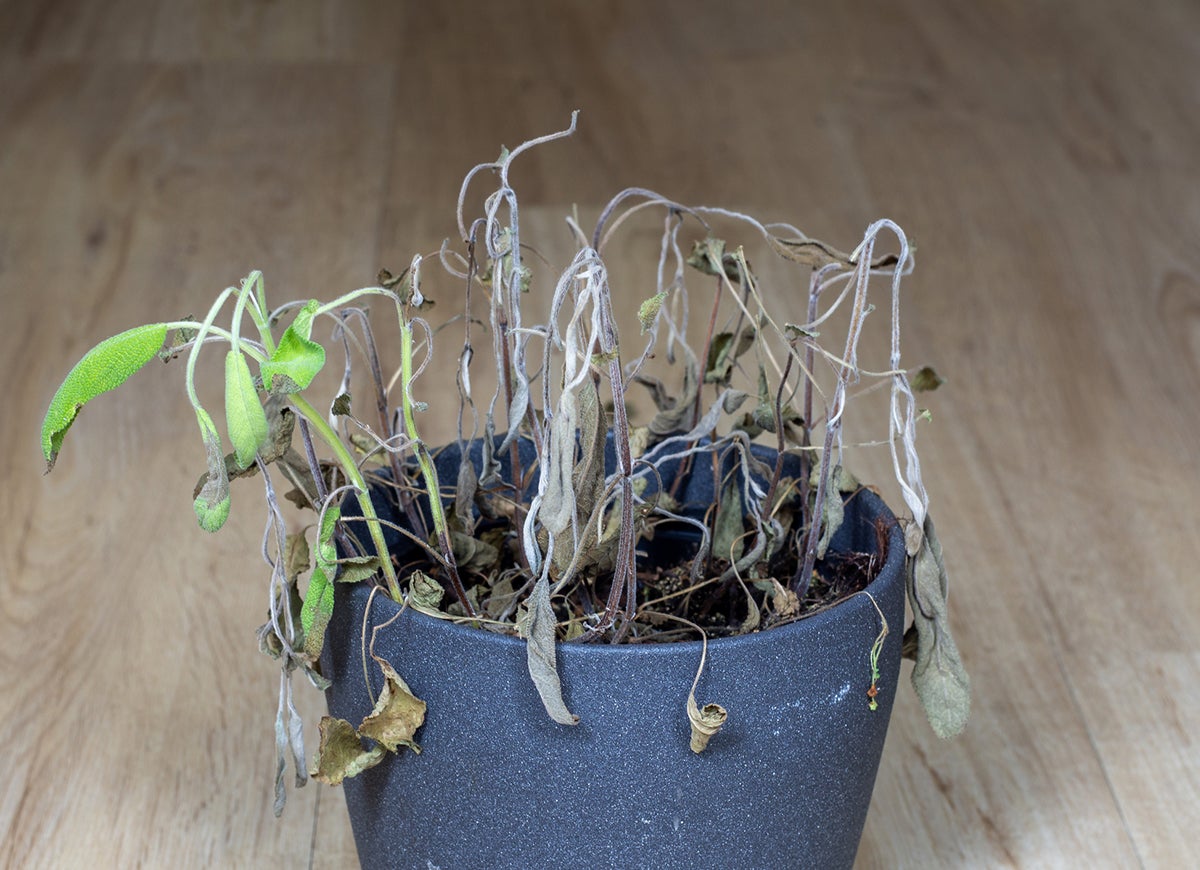
Is there anything more demoralizing than looking at a dying houseplant all day? In fact, neglected plants are considered to be bad feng shui because they are said to drain energy from a space. There are a number of techniques you can employ to revitalize your plants, including repotting, trimming, fertilizing, and adhering to a strict watering schedule. If a plant is too far gone, however, be willing to call it quits and replace it with a new one.
An Unmade Bed
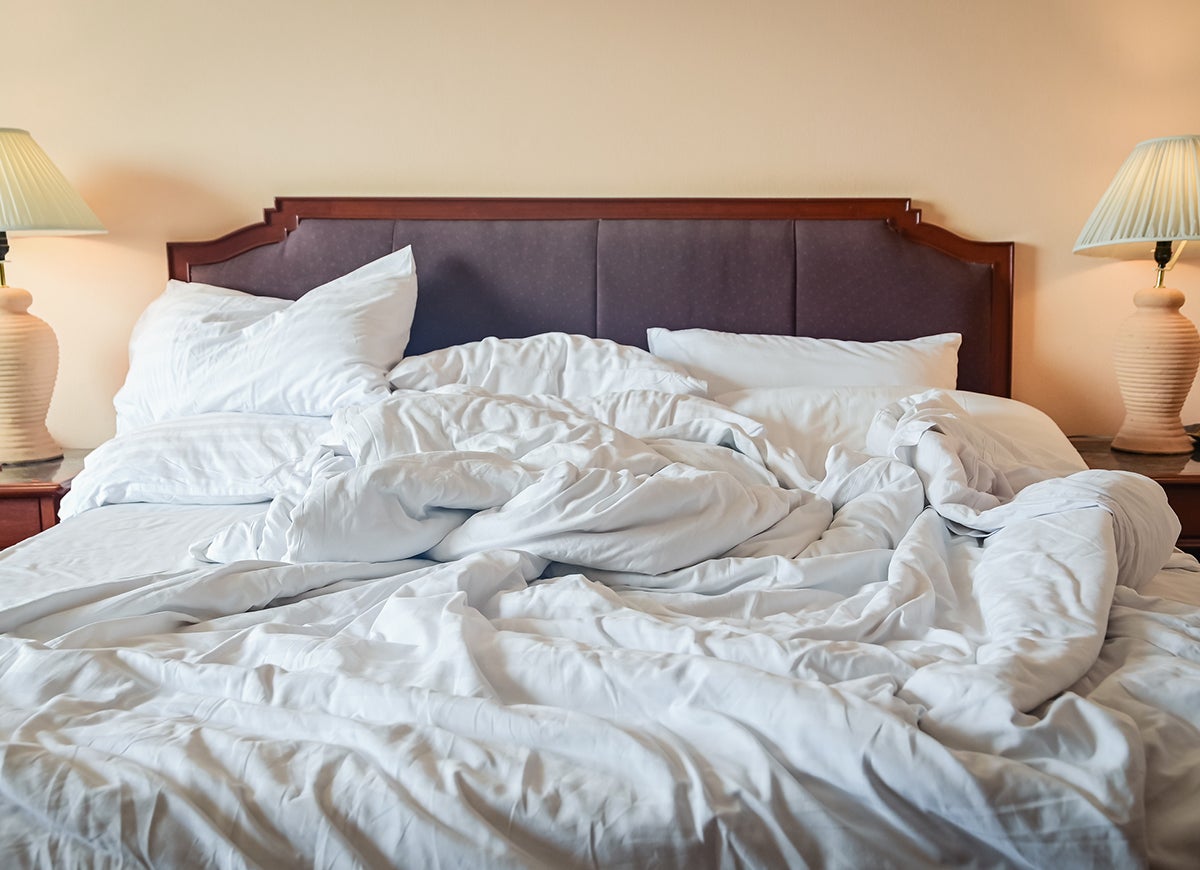
According to a survey performed by Sleepopolis, people who make their beds every day are more likely to wake up earlier, skip the snooze button, and feel more confident. A made bed can make you happier, yet many of us still can’t bring ourselves to undertake this simple task. Try to incorporate bed-making as part of your daily routine to set the tone for a relaxing night’s sleep and see if it affects your mood.
Disorganized Documents

Pay your bills on a regular schedule and deal with administrative tasks as quickly as possible to avoid letting them develop into stressors. Designate a spot in your home to keep paper documents that need to be dealt with so that they are out of sight until you have time to tackle them.
Dirt
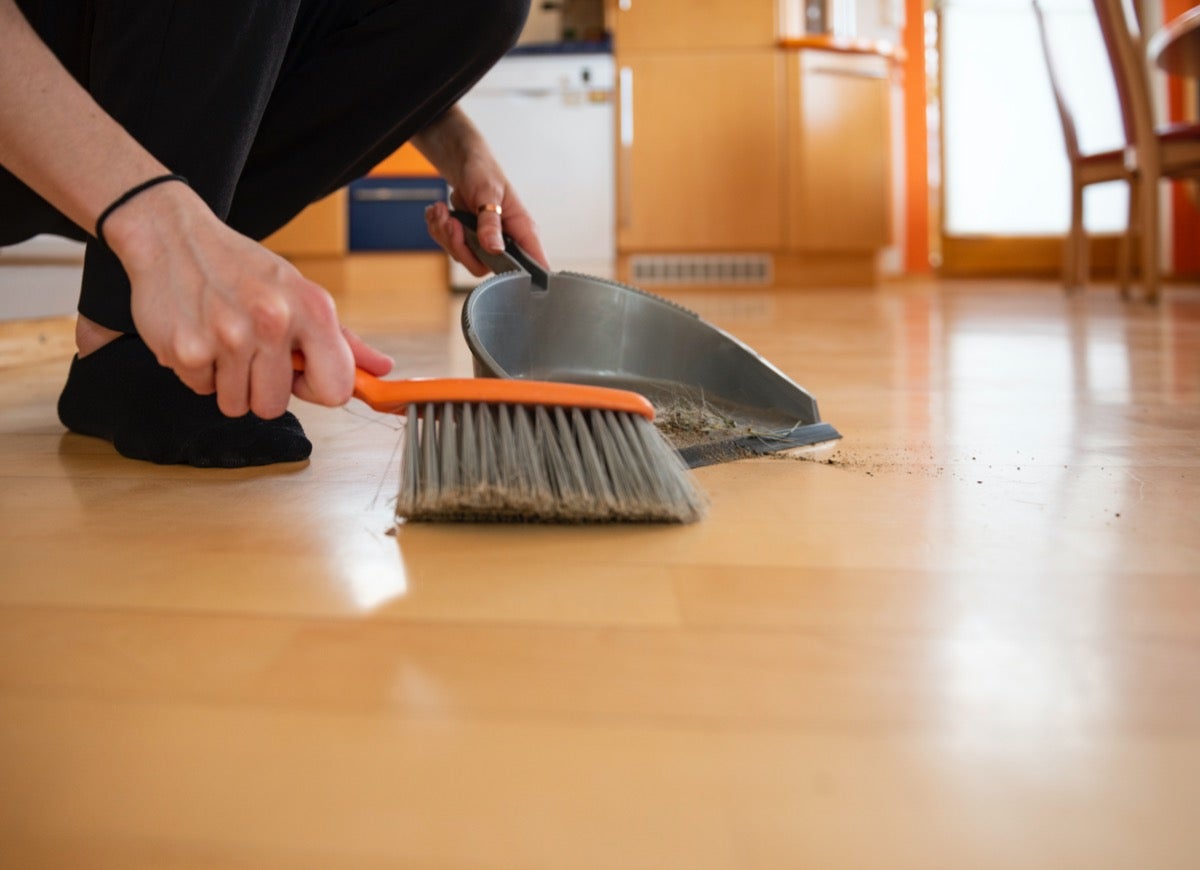
A home full of dust bunnies, smudged mirrors, and dirty countertops isn’t a relaxing place to be. Create a daily cleaning schedule for you and your family to ensure that floors are swept, surfaces are dusted, and grime is scrubbed. If the idea of cleaning every day fills you with dread, see if you can find room in your budget to hire an outside professional to do a weekly or monthly deep-clean of your space.
Aspirational Items
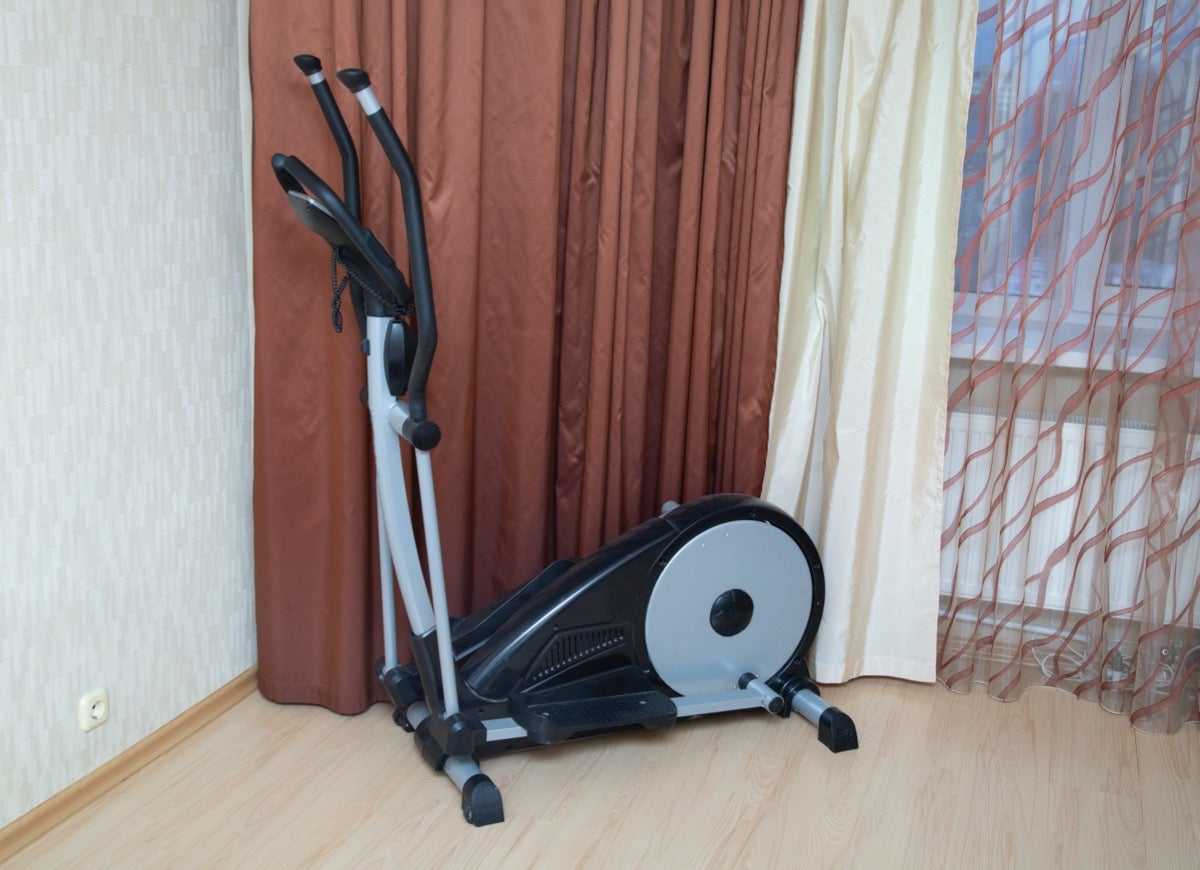
Do you have a treadmill you haven’t used in years, a guitar you only played twice, or jeans that no longer fit hanging in your closet? These unused items may be negatively affecting your mood every time you lay eyes on them. Sell or donate these aspirational pieces in order to fill your home with things that you actually use.
A Disorganized Kitchen
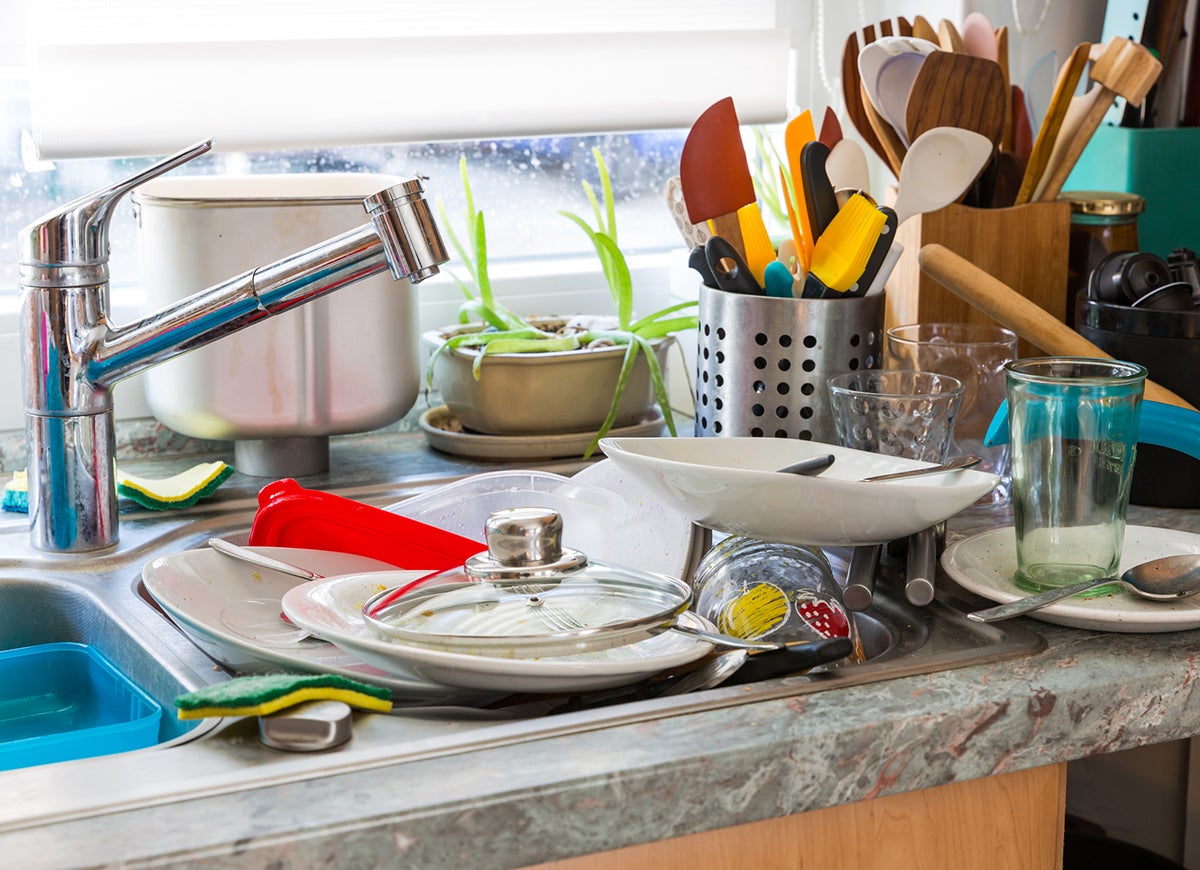
When you’re cooking, there’s nothing more stressful than not being able to find the right tool at a crucial moment. That’s why kitchen organization is key for a tranquil cooking experience. Ensure the cookware and utensils you use often are easily accessible and that tools are consistently stored in the same place.
Unpleasant Odors
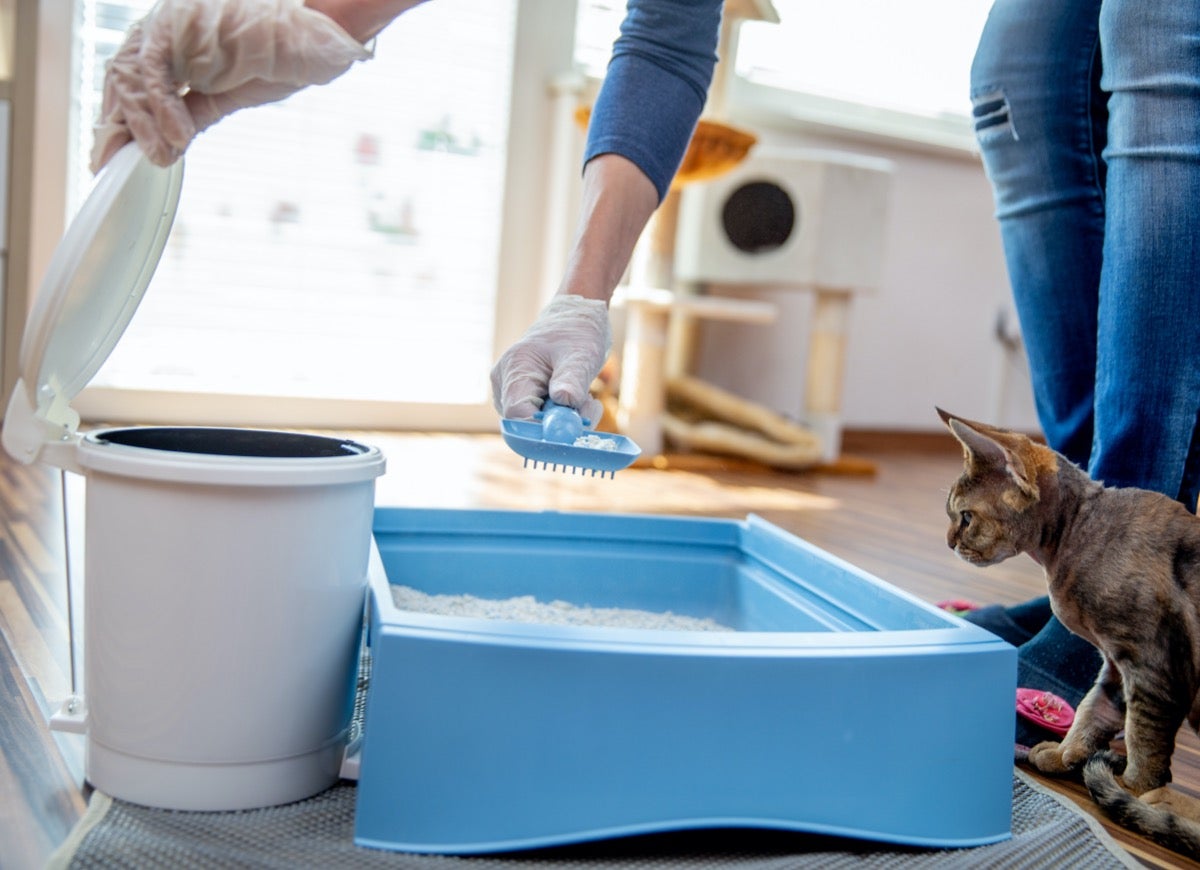
All of your senses should be engaged when you’re trying to relax, and an unpleasant smell can impede that. Ensure there’s no spoiled food in your fridge or pantry, clean out your trash cans, empty your litter boxes, and give your toilet a scrub. To introduce more desirable scents into your home, buy some fresh flowers, invest in a luxurious scented candle—or simply open a window to let fresh air in.
Poor Lighting
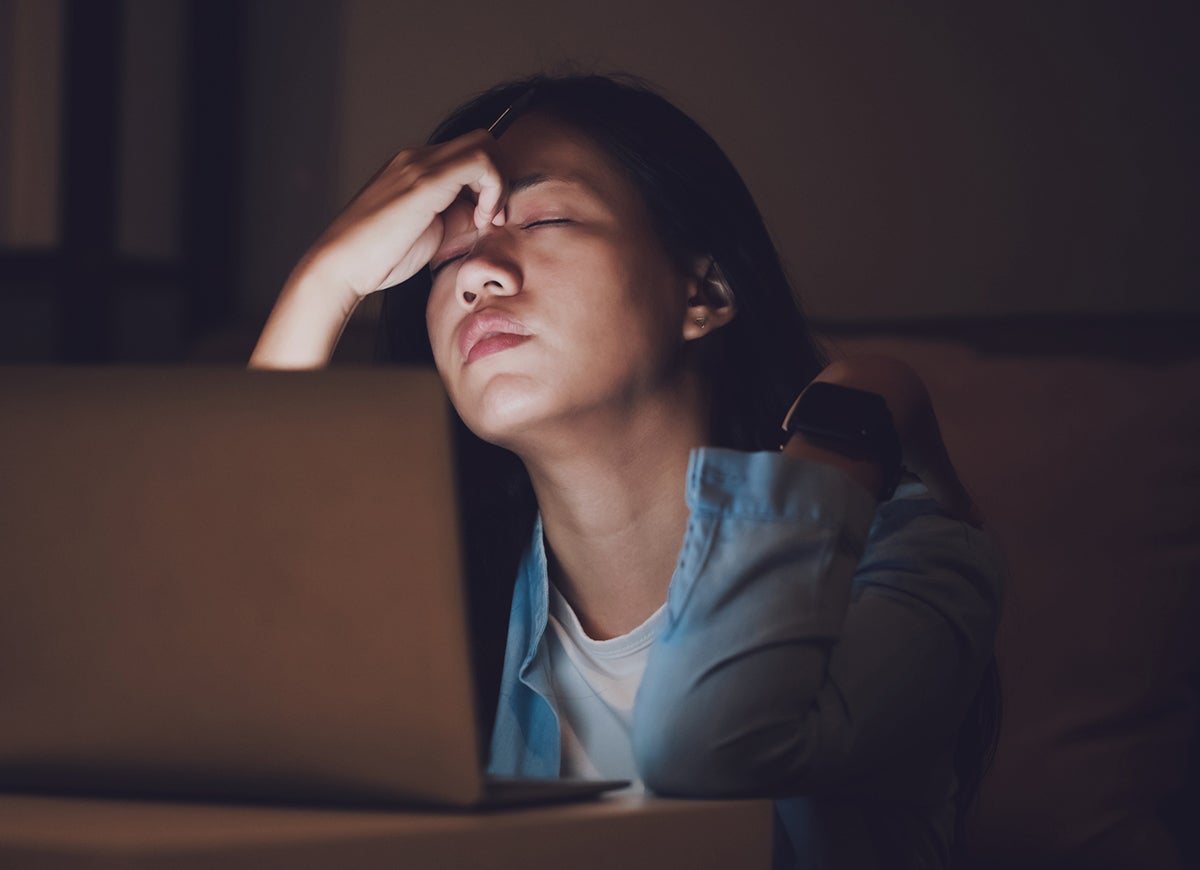
Humans thrive with access to natural light, but not every home is filled with well-lit spaces. Create an optimal lighting environment by pairing ambient overhead lighting with accent lights for a cozier effect. Task lighting is important in areas where you’ll be working like kitchens and offices. Ensure these spaces are well-lit to avoid eye strain and accidents.
Lack of natural light can even be associated with seasonal affective disorder (SAD) in the winter months, which causes fatigue, anxiety, and listlessness. If you suffer from SAD, consider investing in a light therapy lamp to improve your symptoms.
Stress-Inducing Colors

Did you know that the colors in your home may be causing you undue stress? If your home is filled with stimulating bright, stimulating hues, including or strong reds, they may be having an adverse effect on your mood. Interestingly, even all-white spaces can cause stress because of the lack of shade variety. Try choosing paint and furniture in calming colors like taupes, pale blues, beiges, and lilacs.
Tech in Your Bedroom

Your bedroom should be optimized to foster a sense of calm in order to promote a good night’s sleep. If you’re fielding work emails in the hour before lights out, it can put you in the wrong mindset for relaxation. According to The Sleep Foundation, looking at screens before bed suppresses melatonin production, preventing you from feeling sleepy. Try leaving your laptop, tablet, and smartphone in another room and snuggle up with a good book instead.
Noise Pollution

Your home should be a place to relax. Noise pollution can prevent that by creating a stressful environment, according to the World Health Organization. Whether you live in a busy urban setting, or have a neighbor who insists on mowing their lawn at sunrise every Saturday, there are steps you can take to reclaim the soundscape of your home. Try investing in a white noise machine or undertake a soundproofing project to restore peace and quiet.
Your Work

Today, more and more people are working from home, which is beneficial in that it eliminates commute times and allows people to spend more time with their families. On the other hand, it also eliminates the clear delineation between work and relaxation. Workplace Mental Health recommends maintaining a consistent schedule while working from home and setting clear boundaries about when you will work. If possible, keep your work computer and other professional accoutrements in a separate space when they’re not in use.
Mirrors

Mirrors make a room feel more spacious and have the practical benefit of allowing us to see our reflection. A report in the journal Behaviour Research and Therapy based on research from the Institute of Psychiatry in London, however, states that looking in mirrors caused stress and anxiety in their test subjects. Consider removing some of the mirrors from your home in order to avoid an unnecessary stressor.
The Wrong Foods

When it comes to eliminating stressors from your home, it’s prudent to consider what’s in your kitchen. The MD Anderson Cancer Center states that a number of foods can cause stress, including sugar, refined carbohydrates, fried foods, and items that are high in trans fats. On the bright side, they also recommend foods and beverages that can reduce stress. These include herbal teas, fermented foods, and high-protein foods like chicken and fish. Consider eliminating stress-inducing foods and replacing them with healthier alternatives.
Light Pollution

While getting plenty of sunlight is important in reducing stress, excessive exposure to artificial light at night can have adverse effects. According to National Geographic, increased light at night reduces your body’s ability to produce melatonin, which not only results in trouble sleeping, but can also cause headaches, fatigue, stress, and anxiety. In order to reduce light pollution in your bedrooms, invest in a set of high-quality blackout curtains and make sure there are no electronic screens creating additional light in the space.

The Homeowner Survival Kit
This year’s Bob Vila Approved is a hand-picked curation of tested, vetted, must-have essentials for surviving homeownership today.